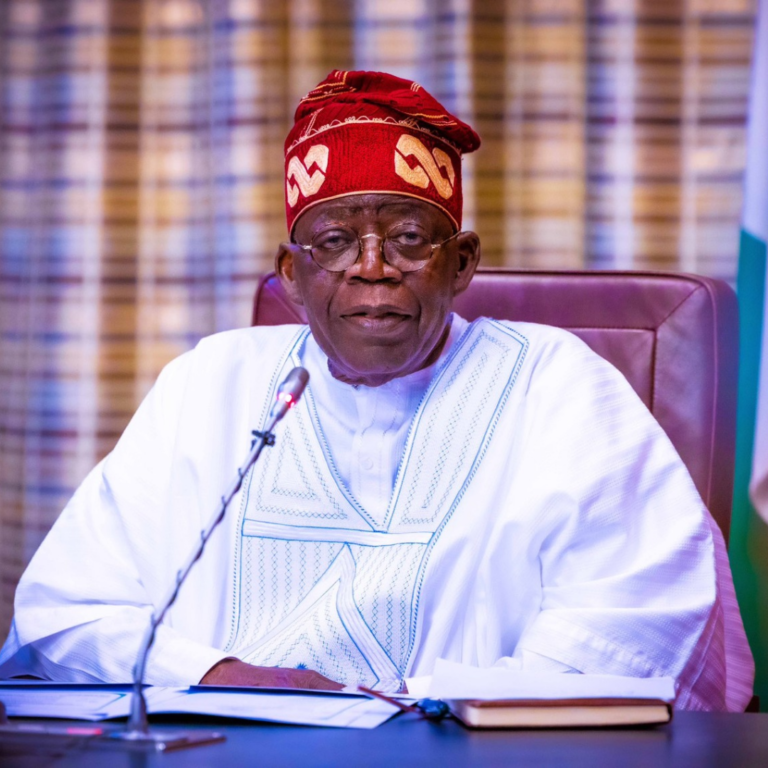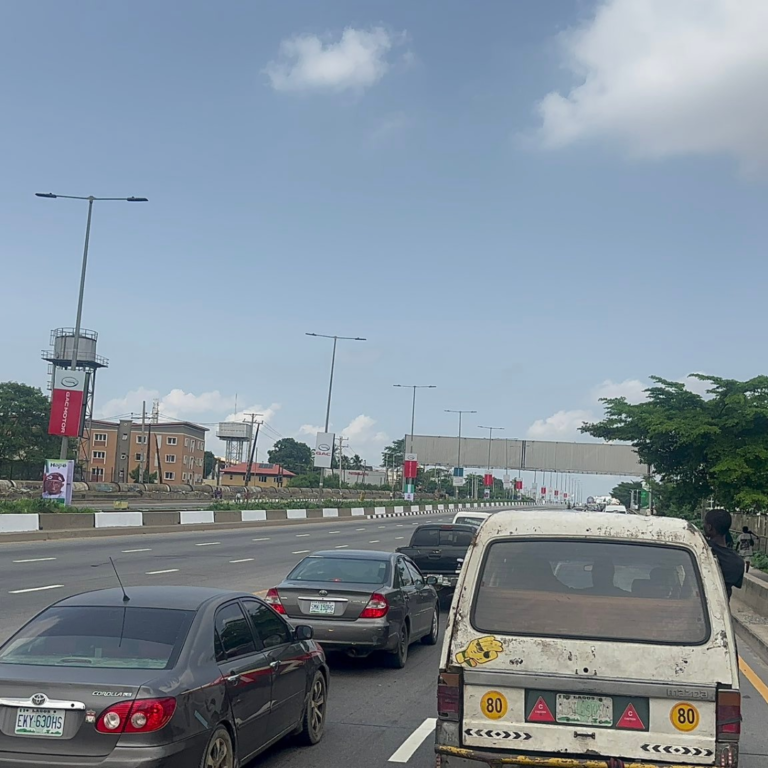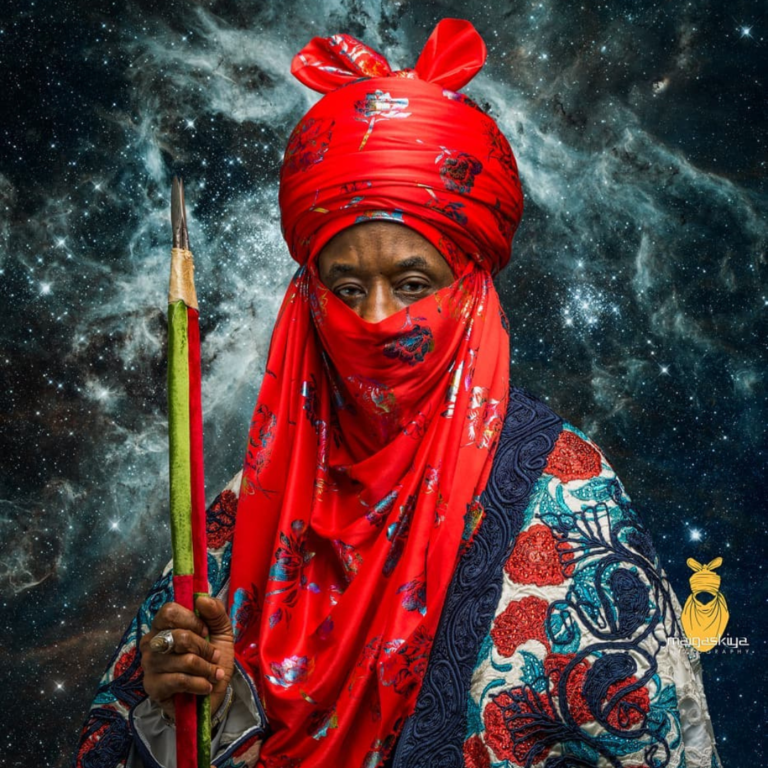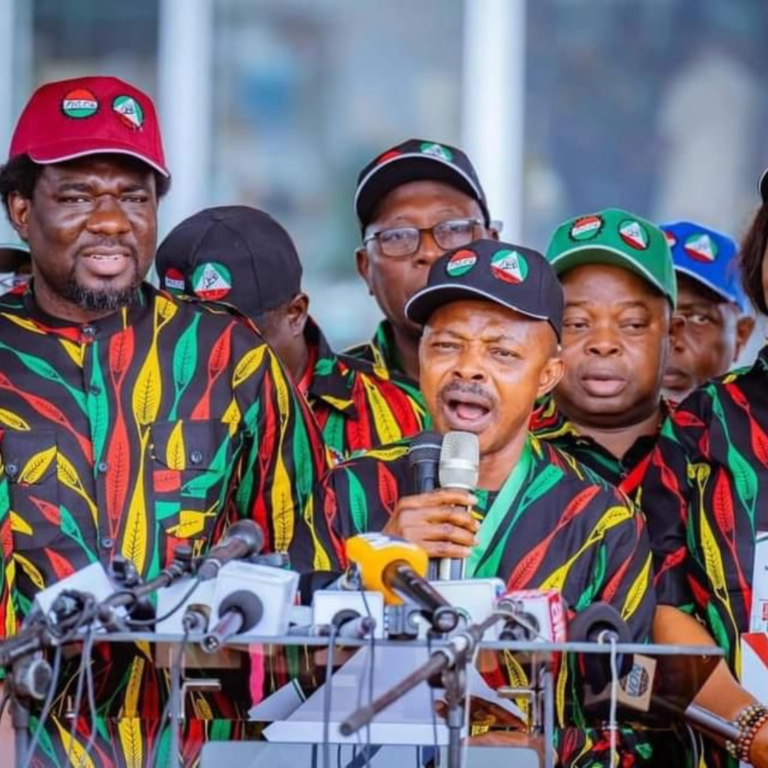Childhood trauma comes in many forms. In the middle of Ramadan, what started as a check-in message to a friend turned into a therapy session, during which my friend, Ifeoluwa (24), offloaded his trauma from growing up in a blended family.
As Told To Raymond
I hate to be one of those people with a favourite side of the family, but I am. My mum was born and raised in a strictly Muslim household and then married my dad, who converted from traditional worship to Christianity.
I’m not sure if it’s the traditional worship part or if my mum’s side of the family just hates that my mum converted from Islam, but it hasn’t been an easy ride for her since — or for me —who’s caught in the middle of it.
It happened in stages. First, my mum was shunned at family gatherings for the first several months after she got married. Then, some of her male cousins wouldn’t speak to her. 25 years later, and the situation is mostly the same. Religious discrimination has almost shattered my relationship with my extended family multiple times.
Let me tell you what happened during an Eid celebration when I was younger: Two weeks before the celebration, my siblings and I went to visit our maternal grandma. There, my uncle brought a tailor to measure the grandkids for Eid clothes but skipped me and my siblings. My uncle said we didn’t need Eid clothes since we wouldn’t pray with them.
It makes sense now that I’m older. But at the time, I couldn’t help but feel segregated from the other grandkids. My siblings and I stuck out like sore thumbs at Eid gatherings, and we eventually just stopped going.
Another time, one of my cousins was getting married. My father brought wine and whisky for him and his friends who attended the wedding. Muslims don’t drink alcohol, but my dad didn’t get the memo. He paid for it.
My dad got murderous looks throughout the event, and that didn’t make things easier for me and my siblings. What had been a static interaction with my mother’s side became radio silence. While we had been religious outcasts, we somehow managed to become the black sheep of the extended family, too. We were sidelined at family events for months before my dad’s misdemeanour was forgiven.
I only ever spent holidays with my mum’s twin and their eldest sister, who’s more open-minded. But this didn’t even start happening until my third year at the University of Ilorin. Now that I think about it, I don’t think we’ve ever had relatives from my mum’s side sleep over or spend the holidays with us. But my dad’s family makes up for all of these.
Every December since I was born, we go to my father’s hometown — Ijebu Ode. It’s always one big warm family over there. They don’t discriminate against my mum at all. They’re like the poster children for an all-loving Christian family.
I always thought my mum’s side of the family was cold and unwelcoming. I have aunts who won’t sit beside me, hug or touch me because I am an “omo chrio”, and their “religion doesn’t allow it.” I have uncles who have never rung me up or sent for me in the last 20 years. I have a lot of friends, but they can’t fill up the family space.
I find myself thinking if the situation would be different if my Dad was a Muslim. Perhaps I’d be running around with my cousins in mosques.
Now that I’m older, I still think some Muslim rules are a lot to digest, but I also understand that there are extremists in every religion. I move with caution around Muslims to this day. I respect their boundaries, like the thing with alcohol and pork.
My friends say I come across as a people pleaser when I’m with my Muslim friends. For instance, during Ramadan, I wake up early, I wake them and help prepare sahur. I cook iftar too. Maybe it’s the fear of getting shut out again due to religious differences, but I’m more mindful of my Muslim friends than I am of the Christians.
I still believe that someday my mum’s side will see past our religious differences, and I can embrace that side of my family.





